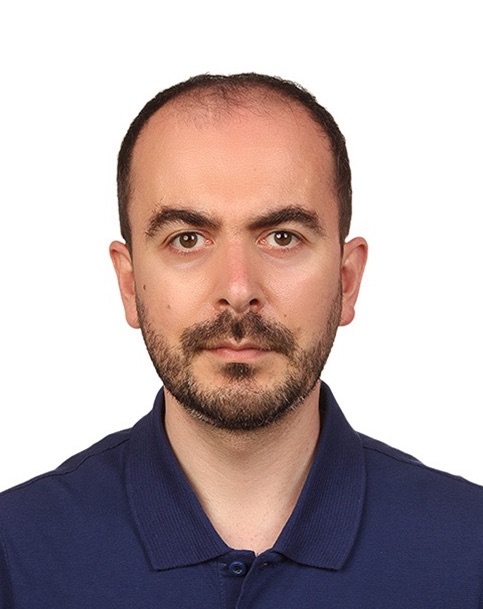Murat Acar

Prof. Dr. Murat Acar received his BS and PhD degrees in Physics from Bogazici University and M.I.T., respectively. While pursuing his doctoral studies in Prof. Dr. Alexander van Oudenaarden’s Biophysics Laboratory, Prof. Acar performed research in the fields of Biology, Genetics and Biotechnology by studying feedback regulation and genetic noise in gene networks. After his doctoral studies, Prof. Acar moved to CalTech as a CBCD Fellow, and completed his postdoctoral studies under the mentorship of the Nobel Laureate Prof. Dr. Frances Arnold and HHMI Investigator Prof. Dr. Michael Elowitz. As a postdoc fellow, Prof. Acar studied dosage compensation in genetic circuits. Between 2012-2022, Prof. Acar was a full-time faculty member in Yale University’s Department of Molecular Cellular & Developmental Biology, as well as in the Yale Systems Biology Institute. At Yale, Prof. Acar was promoted to the rank of Associate Professor in 2017. Among the major awards and recognitions Prof. Acar has received on his research is the 2013 Ellison Medical Foundation New Scholar in Aging Award and the 2014 NIH New Innovator Award. Using experimental and computational systems biology approaches, the ACAR Lab is interested in uncovering the genetic and pharmaceutical modulators of cellular aging and lifespan.
Website:
Selected publications:
- Z. Young, P. Liu, G. Urbonaite, and M. Acar. “Quantitative insights into age-associated DNA-repair inefficiency in single cells”. Cell Reports 28, 2220-2230 (2019)
- Liu and M. Acar. “The generational scalability of single-cell replicative aging”. Science Advances 4, eaao4666 (2018)
- Liu, R. Song, G.L. Elison, W. Peng, and M. Acar. “Noise reduction as an emergent property of single-cell aging”. Nature Communications 8:680 (2017)
- Acar, B. F. Pando, F. H. Arnold, M. B. Elowitz, and A. van Oudenaarden. “A general mechanism for network-dosage compensation in gene circuits”. Science 329, 1656-1660 (2010)
- Acar, J. Mettetal, and A. van Oudenaarden. “Stochastic switching as a survival strategy in fluctuating environments”. Nature Genetics 40, 471-475 (2008)
- Acar, A. Becskei, and A. van Oudenaarden. “Enhancement of cellular memory by reducing stochastic transitions”. Nature 435, 228-232 (2005)
